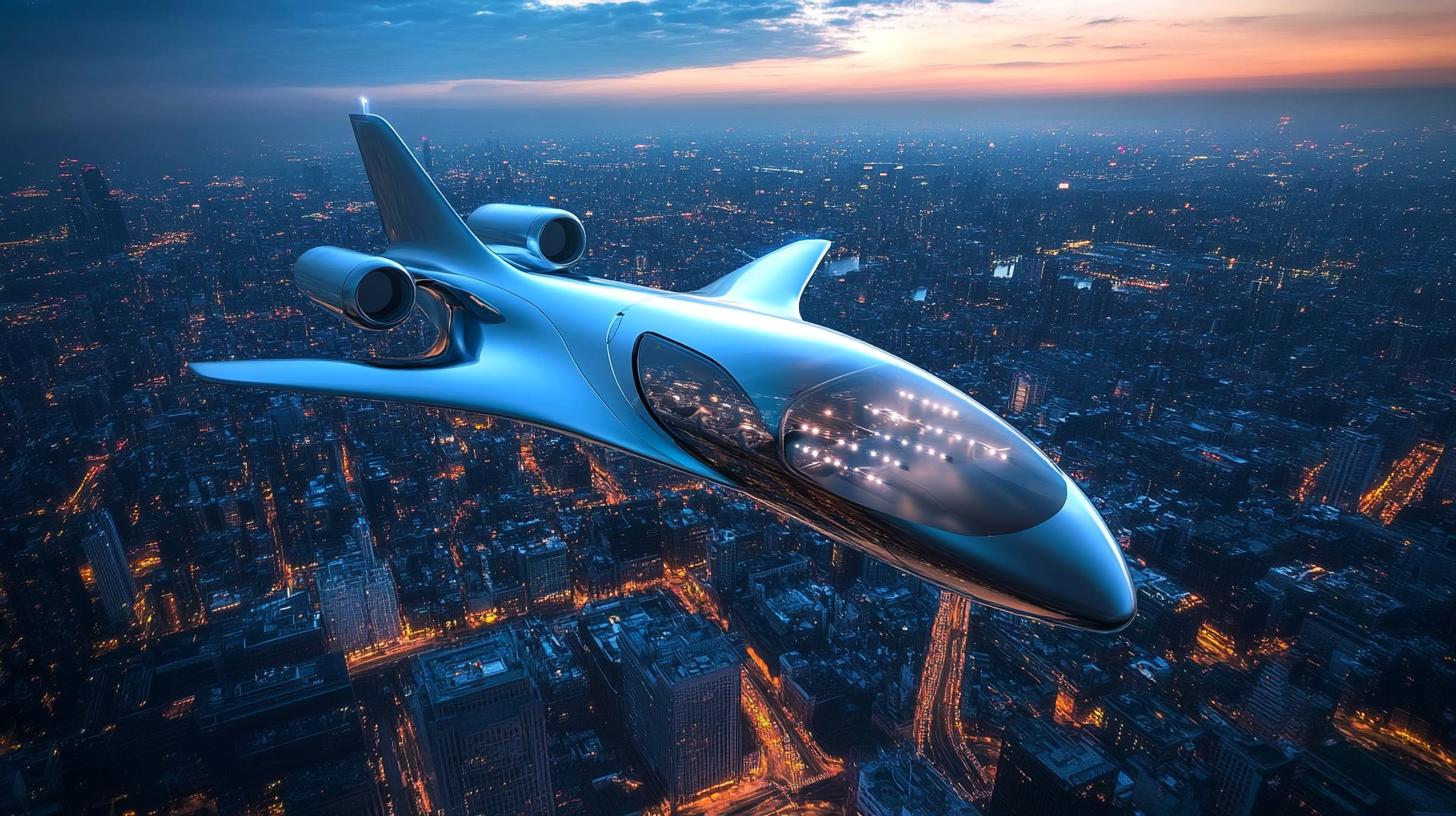In a groundbreaking move, Airbus UpNext and Toshiba Energy Systems are joining forces to revolutionize aviation with hydrogen-powered superconducting motors. This collaboration is set to pave the way for the eco-friendly skies of tomorrow, merging cutting-edge superconducting technology and sustainable energy solutions.
The Quest for Clean Aviation
The aerospace industry is undergoing a seismic shift as companies race to achieve zero emissions. Airbus is spearheading this transformation by harnessing superconducting technology to power hydrogen-fueled aircraft. Unlike traditional motors, these superconducting engines are cooled with liquid hydrogen at a chilling -253°C, which significantly boosts their efficiency and sustainability.
Breaking Barriers with 2MW Motors
The ambitious partnership between Airbus and Toshiba aims to break new ground with the development of a two-megawatt superconducting motor. This innovation holds immense potential to reshape aircraft design, offering unprecedented energy efficiency that could redefine the way planes are powered.
Unlocking Potential with Proven Tech
Toshiba’s expertise in advanced motor technology will be crucial in reducing emissions and driving the aeronautics industry toward a greener future. By tapping into the capabilities of superconductors, aircraft can be designed to minimize their environmental footprint while maximizing performance.
Towards a Hydrogen Future
Airbus’s ZEROe project represents a pivotal step toward launching a fleet of hydrogen-powered commercial aircraft by 2035. This initiative explores both hydrogen fuel cells and hydrogen combustion to power the aircraft, pointing toward a future where high-capacity passenger planes can traverse the globe with minimal environmental impact.
These innovations could herald a new era of sustainable aviation, where science fiction becomes a reality in the pursuit of clean skies.
The Hydrogen Revolution in Aviation: How Will It Change Our World?
Unprecedented Impact on the Aviation Industry
While the partnership between Airbus UpNext and Toshiba Energy Systems marks a significant evolution in propulsion technology, it extends much further by making a substantial impact on a wide array of stakeholders from passengers to global economies. The introduction of hydrogen-powered superconducting motors to the aviation sector is poised to revolutionize not only how aircraft operate but also how associated industries function, from energy suppliers to airport operations.
Economic Considerations
As the world’s climate policies become stricter, nations are compelled to invest in greener technologies. Hydrogen-powered aviation presents an opportunity for new economic strategies. Countries actively supporting hydrogen infrastructure could become leaders in this emerging market, bringing new jobs through innovation and manufacturing of hydrogen production, storage, and distribution technologies. The potential rise of new hubs for these technologies can transform regional economies.
Benefits Beyond Aviation
The ramifications of hydrogen technology span beyond aviation. The development of efficient hydrogen liquefaction and storage technologies could catalyze advances in other sectors such as freight transport, renewable energy storage, and even domestic heating solutions. This tech could solve power intermittency issues inherent in solar and wind energy, offering a buffer to store surplus power and thus stabilizing energy grids.
Addressing Controversial Questions
Despite its promises, hydrogen aviation doesn’t come without challenges. Why aren’t hydrogen-powered planes dominating the skies today? There are hurdles that come with the production and storage of hydrogen fuel, as it’s extremely flammable and currently generated mainly from fossil fuels. This raises environmental and safety concerns that call for regulatory frameworks and technological breakthroughs.
Electric vs. Hydrogen: A Dual Battle?
The trend towards hydrogen has sparked debates about the future of electric aircraft. Will electric planes be overshadowed by hydrogen-powered aircraft? While electric planes lead the charge on short-haul flights, hydrogen’s potential shines in long-haul sectors due to its higher energy density. The industry might eventually see a coexistence of both technologies, each dominating different market segments. Find out more about future aviation technologies in Airbus.
Opening Doors for Communities
Hydrogen-fueled aviation can expand accessibility to remote regions by reducing reliance on current fossil-fuel supply chains and offering cleaner alternatives. Communities better connected by sustainable air travel can experience economic growth and improved access to healthcare and education, transport of goods, and tourism, transforming even the most isolated areas into active participants in the global economy.
What’s Next?
Investing in hydrogen technologies involves risks yet holds promise of a cleaner planet and flourishing economies. Will nations seize this opportunity? As private and public sectors collaborate and commit to green innovations, a new paradigm can be anticipated in both industry and lifestyle, ushering in an era that could literally change the air we breathe. Learn more about these advancements at Toshiba.
In exploring green skies, society stands on the brink of a transformation that extends beyond technological milestones to a holistic shift towards sustainability, economic resilience, and improved quality of life worldwide.














